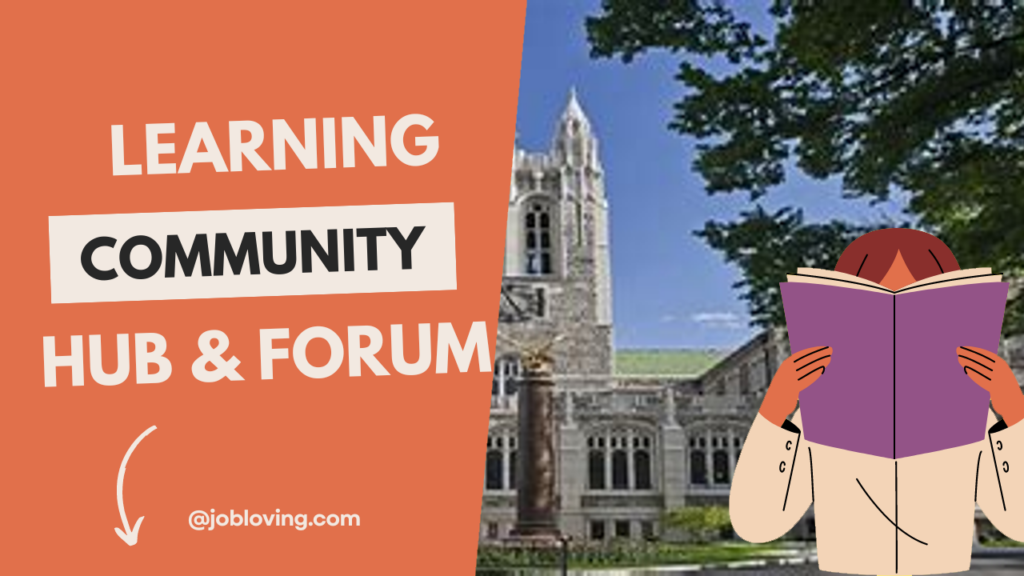Ever wondered why some institutions proudly flaunt the title of “university” while others stick with “college”? It’s like the difference between a fine dining establishment and a cozy café – both can be excellent in their own right, but the scope and offerings can vary! Boston College serves as a fascinating example of this distinction. So, let’s dive into why it’s still called a college, despite all its university-like features.
The Short Answer : Boston College started as a college and has retained that designation despite university-level programs.
Initially, Boston College (BC) was established as an undergraduate liberal arts college. Over the years, BC’s ambitions took flight, and it expanded its educational offerings to include graduate programs and professional schools, fulfilling the broader charter typically associated with a university. Nonetheless, it chose to retain the “college” in its name as a nod to its rich history and tradition in liberal education.
Boston College’s evolution from a small college into an internationally recognized research institution is a testament to its commitment to academic growth. While many institutions that expand their programs adopt the title of “university,” BC’s decision highlights a cultural identity as well as an homage to its roots. The university-like environment is palpable with advanced studies in various fields, a vibrant research culture, and a bustling campus; however, the term “college” remains at its core.
In conclusion, Boston College proudly embraces its origins while having adapted to offer a wide range of academic pursuits. It exemplifies how a college can thrive and foster excellence in education without necessarily shedding its traditional title. If you have any more questions about such quirky distinctions or want to dive deeper into the educational hierarchy, join the JobLoving community for more enlightening resources!

